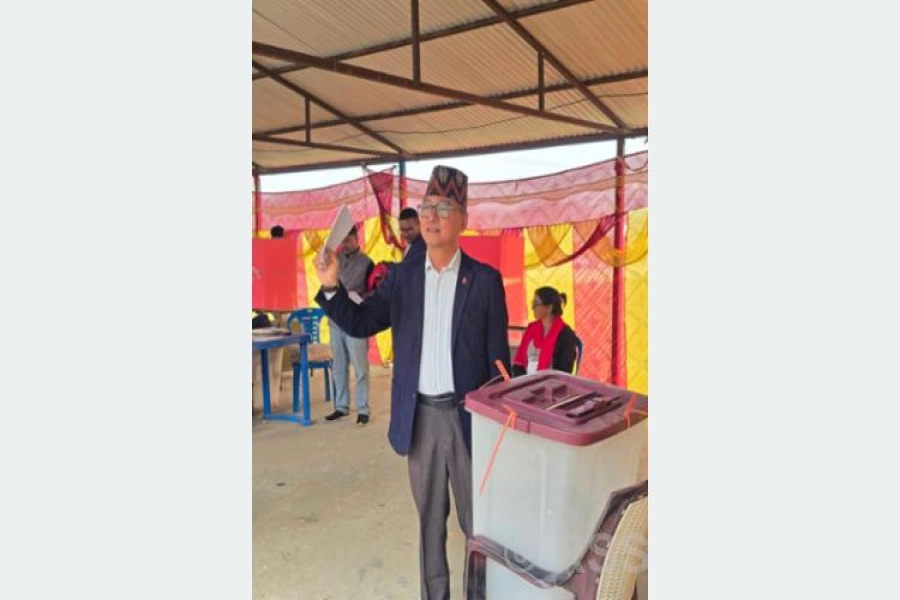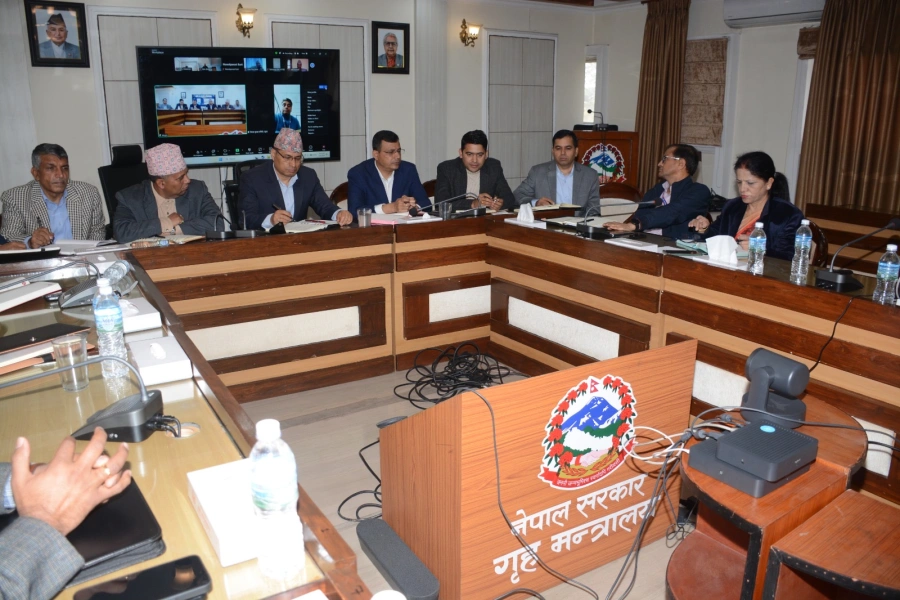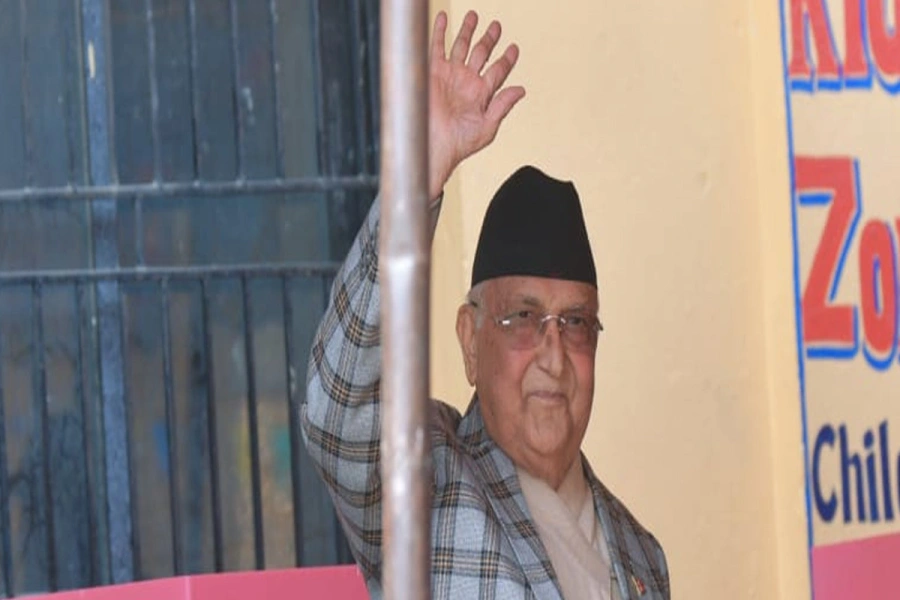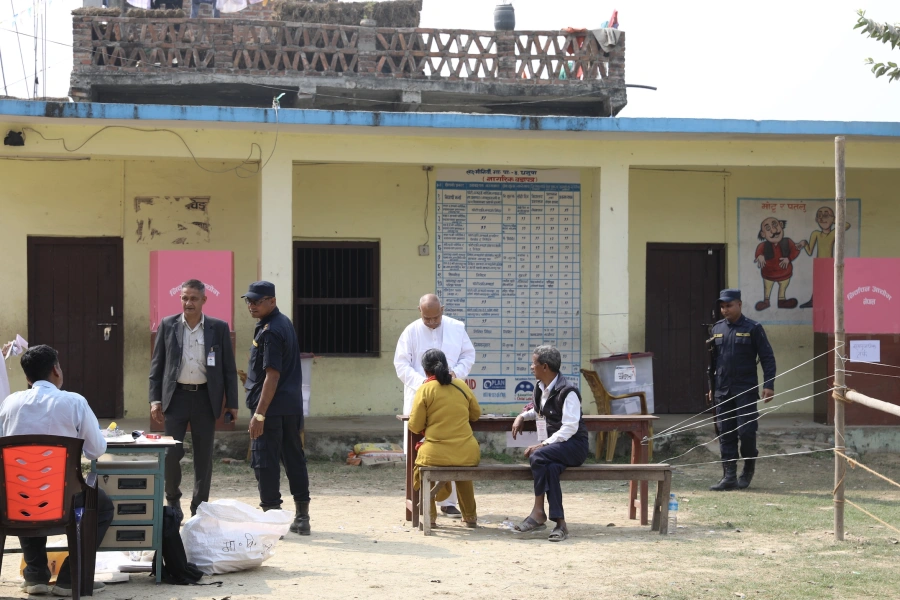The Non-Resident Nepali Association (NRNA) established in 2003 with the stated goal of helping push Nepal’s socio-economic development has come to be perceived as a rather elitist club comprised of the filthy rich who are more interested in promoting themselves than in pursuing the lofty goals outlined in the NRNA charter.
The new NRNA leadership, which will be selected during the NRNA general assembly in Kathmandu on Saturday and Sunday, will have its task cut out trying to dispel this perception. Like the last time, among the main NRN demands this year will be dual citizenship, better investment climate, and formal registration of NRNA in Nepal. [break]
On the eve of the general assembly, NRNA leadership claimed to have spent Rs 80 million in different welfare programs in the last two years. Personal spending on social welfare programs by NRNs in their home districts during the same period was worth over Rs 300 million, we were told. Likewise, NRNs are currently pooling their resources to develop Dordi Khola (27 MW) hydropower project and conducting preliminary studies on other medium-scale projects.
But on the eve of the sixth NRN Global Conference and NRNA International Convention scheduled to kick off Monday, the umbrella organization of Nepali diaspora is still struggling to justify its relevance to common Nepalis, for some very good reasons. Take the issue of labor exploitation. According to NRNA charter, all Nepalis living abroad for more than six months are eligible for its membership.
Yet the migrant workers, who are the backbone of Nepali economy (contributing nearly a quarter of national GDP) are non-existent in NRNA leadership. This only adds to the elitist image of NRNA. What has NRNA done to improve the lives of these unfortunate brethren? Hundreds of Nepalis unnecessarily lose their lives as they are made to work in dangerous conditions. Hundreds of thousands are working under sub-human conditions. In this dire situation, how can the issue of dual citizenship be at the front and center of the biannual NRNA conclave?
There are other problematic areas as well. To their credit, NRNs routinely pool funds for development works in Nepal. But how do they ensure that the money is being spent judiciously and is actually helping ordinary Nepalis? There also seems to be a big gulf between the public and private face of NRNs. In public, they highlight the importance of mobilizing Nepali diaspora for national development and vow to do their best for Nepal.
But in private, they gripe that this is not the right time to invest in Nepal. This is hypocritical. It is precisely in these tough times that Nepal needs the support of its diaspora the most. If the political trajectory of the country starts looking good, why NRNs, just about every foreign investor will be lining up to invest in this country blessed by nature! If the NRNA wants to establish its credibility it has to prove it is ready to stand by Nepalis in these difficult times. We do not doubt the patriotism of NRNs, nor their willingness to help Nepal along its development path. It is the commitment part that we find lacking.
Nepali Tourism: The ‘Adventure’ Factor



-69a940c05c766-1772700256.webp)

































